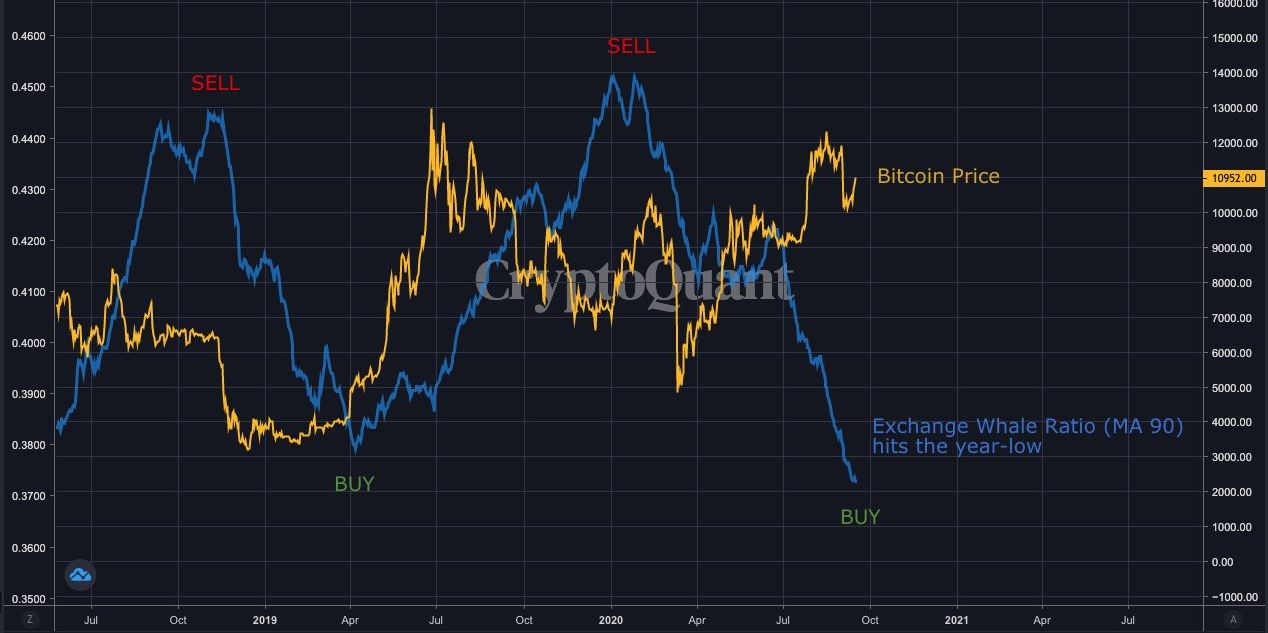Bitcoin Bear Market Impact Volatility & Crypto Stocks Suffer

With Bitcoin and other cryptocurrencies entering a bear market, the Bitcoin market has been storming. With billions in market value lost and shock waves across the whole crypto and IT industries, the collapse has seriously affected crypto stocks.
As investors negotiate the fast-shifting terrain of digital assets, this most recent market change has resulted in increased volatility and uncertainty.
Bitcoin Faces Major Decline
Driven by investor confidence and rising institutional interest, Bitcoin, the most often-used cryptocurrency, peaked at $109,071 in January 2025. But by February, Bitcoin dropped by 17.5%, its biggest monthly loss since June 2022. Bitcoin has formally entered a bear market, trading more than 20% below its January peak. This dramatic drop in Bitcoin’s value has set off a larger market sell-off, including significant losses in altcoins such as Ethereum, Solana, and Cardano. Several elements have caused this slump.

Global economic issues, including growing inflation and a trade war, have added to the market’s volatility. Further erasing investor trust is a large cyberattack on the Bybit exchange that resulted in the theft of $1.5 billion in digital assets. These incidents have generated uncertainty, which has caused many investors to step back and review their crypto market posture.
Impact of Bitcoin’s Decline
The fall in bitcoin values has had a domino effect on crypto sector-related stocks. The stock prices of big tech businesses that are heavily exposed to digital assets and blockchain in cryptocurrency technology have dropped. Companies highly involved in Bitcoin and other cryptocurrencies, such as Coinbase, MicroStrategy, and Riot Blockchain, have suffered especially from the market’s fall.
The “Magnificent 7” tech stocks—Alphabet, Amazon, Apple, Meta, Microsoft, Nvidia, and Tesla—have suffered among the most from the crypto meltdown. Due in great part to the general drop in investor mood, especially toward speculative assets like cryptocurrencies, these tech-dominated stocks have together lost hundreds of billions in market value. Following an antitrust subpoena sent by the U.S. Department of Justice, Nvidia, for instance, had its shares undergo their biggest day decline since April 2024.
These IT stocks are entwined in some respects with the crypto market. Nvidia, a key producer of graphics processing units (GPUs), gains from the market for its goods in mining cryptocurrencies. Likewise, businesses such as MicroStrategy have large Bitcoin holdings on their balance sheets, which immediately affects their stock price should the value of Bitcoin decline. Stocks connected to the digital asset area also see notable sell-offs as the larger market responds to cryptocurrency uncertainty.
Regulatory and Economic Challenges
Constant regulatory obstacles and general economic issues have aggravated the present market drop. Under President Donald Trump, the U.S. government has suggested taxes on imports from China, Mexico, and Canada, aggravating concerns of a world trade war. As investors respond to the possibility of upheavals in world trade and financial markets, these geopolitical concerns have leaked into the bitcoin market.
Moreover, governments worldwide are mulling tougher rules on digital assets, which has sharpened regulatory examination of the crypto sector. The Securities and Exchange Commission (SEC) has been aggressively seeking legal action against crypto exchanges and projects in the United States, adding another level of uncertainty to the market. Many investors have been more wary of their exposure to cryptocurrencies and crypto-related equities under these legislative demands.
General economic elements, including growing inflation rates and central banks’ tightening monetary policy, have also affected the latest fall in the crypto market. As inflation keeps rising, investors are seeking more steady assets, which has reduced demand for cryptocurrencies, which are still regarded as quite erratic and speculative investments.
Crypto Market Outlook
In the crypto price, investor mood has changed drastically lately. Many investors are now more wary and reviewing their positions in digital assets following years of optimistic optimism. Some are changing their portfolios, avoiding cryptocurrency, and moving into more conventional assets such as stocks, bonds, and real estate. Others are waiting for more defined rules before committing more money to the crypto market.

Many experts think the crypto market will eventually recover despite the present bad state. Blockchain, the fundamental technology behind cryptocurrencies, is still highly interesting, and institutional acceptance of digital assets remains rather robust. However, it will likely remain erratic as the crypto market develops and investors react to new legislative frameworks.
Regarding stocks connected to cryptocurrencies, things remain hazy. While some businesses might suffer in the face of an extended bear market, others with solid foundations and diversified business models could survive. Businesses like Tesla, which has already extensively invested in Bitcoin, could profit from future price rises in digital assets. Still, the regulatory environment and world economic situation will probably keep influencing the general mood of the market.
Final thoughts
Both individual investors and crypto-related stocks have suffered greatly in response to the current dip in the bitcoin market. As Bitcoin and altcoins enter a bear market, the larger crypto ecology suffers more uncertainty and volatility.
Regulative constraints, global economic worries, and investor attitudes will shape the market’s trajectory in the next few months. Although the direction of cryptocurrencies is unknown, it is obvious that the market will keep changing, and investors must be alert as they negotiate this demanding environment.




